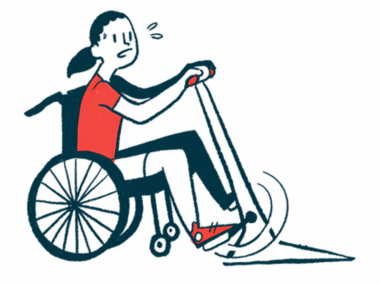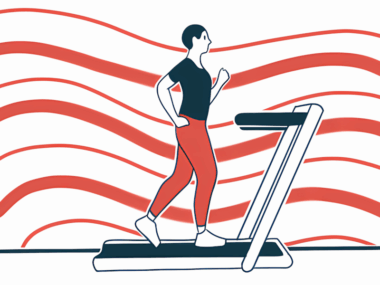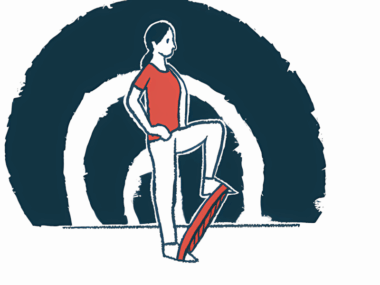Cionic raises added $12M to expand bionic clothing to MS, other needs
Company's Neural Sleeve garment won FDA marketing authorization in 2022
Written by |

Cionic, the neurotech company that developed Neural Sleeve to help people who have problems with mobility, has raised an additional $12 million extension in a Series A financing, bringing the total funding for the garment to $25 million.
The funds will help grow the sleeve’s adoption among people with mobility issues due to multiple sclerosis (MS) and other neurological conditions, and expand Cionic’s wearable neuromodulation pipeline into new indications.
The recent round, led by investment firm L Catterton and joined by other investors, adds to a previous $12.5 million received in series A financing. Cionic recently joined forces with Enable Ventures, the first impact venture fund for disability-related products and services.
“Our partners recognize that we are building something truly unique, and we are proud to work with organizations who share not only our vision for the future of healthcare, but whose deep expertise in brand building, healthcare transformation, and disability advocacy will help us accelerate the timeline for making this vision a reality,” Jeremiah Robison, Cionic’s founder and CEO, said in a company press release.
“We have seen how Cionic’s unique bionic clothing has already transformed the lives of those living with mobility impairments, and with the growing consumer interest in wearable health technology, Cionic’s platform has the potential to change the trajectory of personalized healthcare, and clothing, as we know it,” said Whitney Casey, an L Catterton venture partner and new Cionic board member.
How does the Neural Sleeve work?
The Neural Sleeve received market authorization from the U.S. Food and Drug Administration in March 2022, becoming the first federally cleared algorithm-powered bionic clothing for mobility impairment.
Available in a number of sizes and colors, the lightweight leg-worn device has multiple sensors that permit it to assess, predict, and improve a wearer’s movement by utilizing algorithms, after which muscles are electrically stimulated and real-time adjustments are made with each step to generate a more natural walking gait.
The stimulation can aid walking problems caused by muscle weakness or foot drop, wherein the foot’s front doesn’t lift when taking a step, which renders patients more susceptible to falling, especially on stairs or uneven surfaces.
Studies that gauged the flexible device’s usability at home found that patients’ ability to lift their toes markedly improved and the turning in of their feet during swing was reduced — key measurements associated with foot drop.
Cionic has established a manufacturing facility in northern California and is licensed to ship Neural Sleeve to 45 U.S. states. More than 400 clinics or other healthcare institutions have prescribed the garment, and customers have collectively tallied more than 200,000 use hours since shipments began early this year.
Earlier this year, the company selected the Chicago-based Shirley Ryan Ability Lab as the first location for its Center of Excellence program, where patients can schedule a session to try out the garment.
“There is a revolution underway in healthcare and with it a growing demand for brands that provide not only high-quality care where and when it is needed, but that are also capable of measuring progress and proving outcomes,” said Robison, who founded Cionic in 2018 to provide better mobility options for his daughter, who was diagnosed with cerebral palsy.
“In helping his daughter, Jeremiah has addressed the mobility needs of more than 35 million people in the United States alone and has unlocked the potential of bionic clothing,” said Regina Kline, Enable Ventures’ founder and managing partner. “Enable seeks to support enterprises like Cionic which truly represents the intersection of disability and epic technology.”



